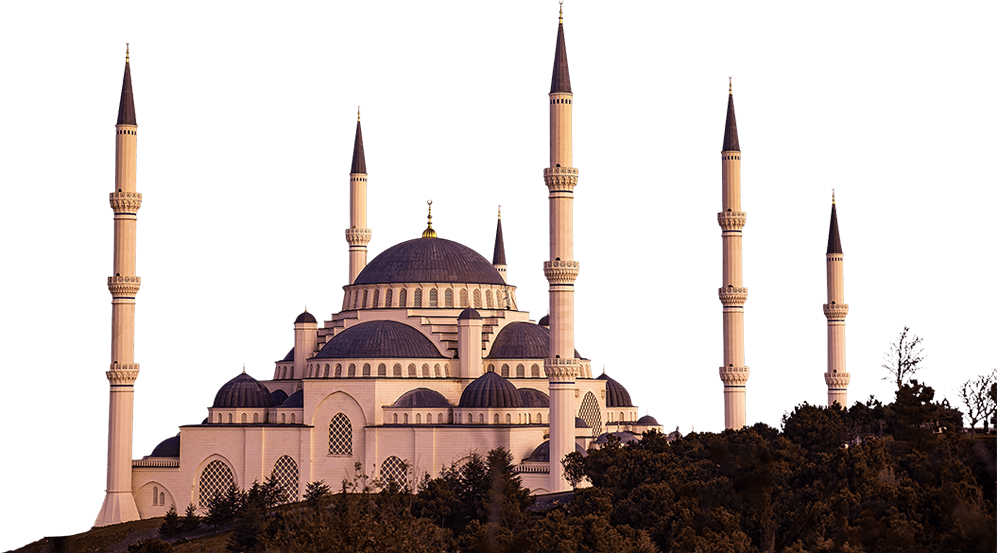Pillars of Islam
Exploring the Pillars of Islam: Foundations of Faith and Practice

Introduction: The Pillars of Islam represent the fundamental tenets and practices that form the cornerstone of the Islamic faith. They serve as guiding principles for Muslims worldwide, shaping their beliefs, rituals, and way of life. In this article, we delve into the significance and importance of each Pillar, exploring their spiritual significance and practical implications in the lives of believers.
Shahada (Declaration of Faith): The Shahada, or the Declaration of Faith, is the first and most essential Pillar of Islam. It is a testimony of monotheism, declaring that “There is no god but Allah, and Muhammad is His messenger.” By uttering the Shahada with sincerity and conviction, one formally embraces Islam and commits to following its teachings. This declaration serves as the foundation of Muslim identity and underscores the central belief in the oneness of Allah and the prophethood of Muhammad.
Salah (Prayer): Salah, or ritual prayer, is the second Pillar of Islam and is performed five times a day at prescribed times. It serves as a direct means of communication between the believer and Allah, providing spiritual nourishment and fostering a sense of connection and devotion. Through Salah, Muslims express gratitude, seek guidance, and seek forgiveness, reaffirming their submission to the will of Allah. The regular practice of Salah helps cultivate discipline, mindfulness, and spiritual awareness in daily life.
Zakat (Almsgiving): Zakat, or obligatory charity, is the third Pillar of Islam and is a means of wealth redistribution and social justice. Muslims who possess a certain amount of wealth are required to give a portion of it to those in need, including the poor, the needy, and other deserving recipients. Zakat serves as a reminder of the importance of generosity, compassion, and empathy towards the less fortunate members of society. It helps alleviate poverty, reduce inequality, and foster solidarity within the community.
Sawm (Fasting): Sawm, or fasting during the month of Ramadan, is the fourth Pillar of Islam. Muslims abstain from food, drink, and other physical needs from dawn until sunset, focusing instead on prayer, reflection, and spiritual growth. Fasting during Ramadan serves as a means of self-discipline, purification, and spiritual renewal, allowing believers to cultivate empathy, gratitude, and compassion. It also commemorates the revelation of the Quran and strengthens the bond of unity among Muslims worldwide.
Hajj (Pilgrimage): Hajj, or the pilgrimage to the holy city of Mecca, is the fifth Pillar of Islam and is obligatory for Muslims who are physically and financially able to undertake the journey. It is a once-in-a-lifetime experience that brings together millions of Muslims from diverse backgrounds, united in their devotion to Allah. Hajj is a profound spiritual journey that symbolizes the unity of humanity, the equality of all believers, and the submission to the will of Allah. It serves as a reminder of the transient nature of life and the ultimate journey towards the Hereafter.
“Unity in Diversity: Uniting Muslims Worldwide Through the Pillars of Islam”
Conclusion: The Pillars of Islam are not merely rituals or obligations; they are the pillars upon which the faith and practice of Islam are built. They serve as a framework for spiritual growth, moral guidance, and social responsibility, guiding believers on the path of righteousness and devotion to Allah. By upholding the Pillars of Islam, Muslims affirm their commitment to faith, community, and service, enriching their lives and contributing to the betterment of society.
Copyrights 2024 - All Rights Reserved


Leave Your Comments